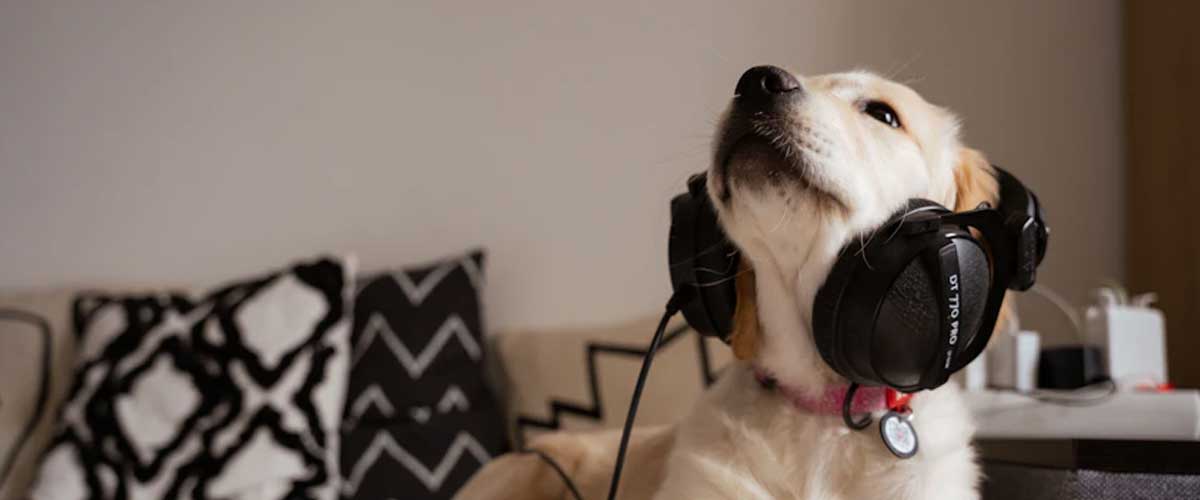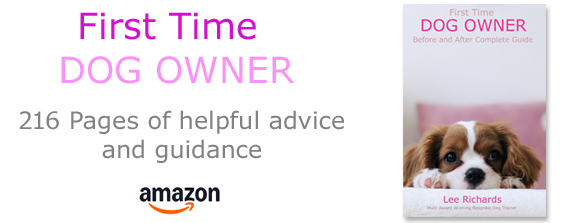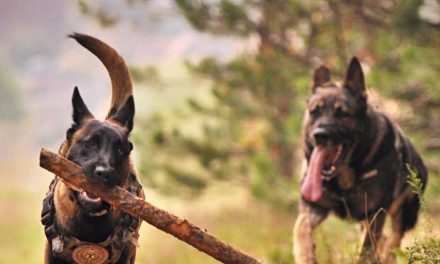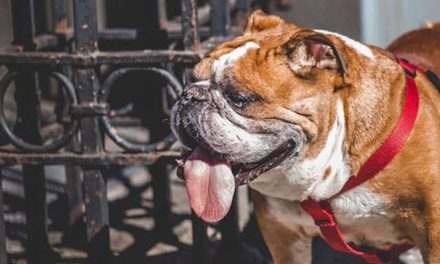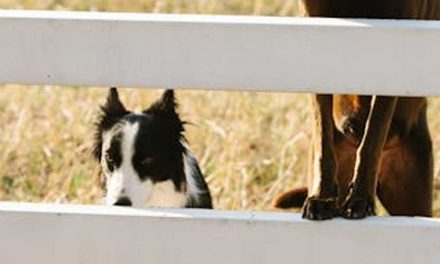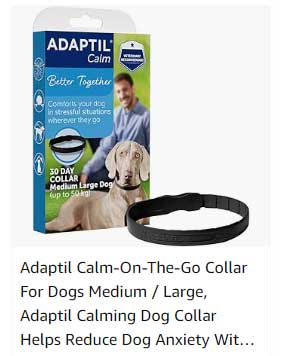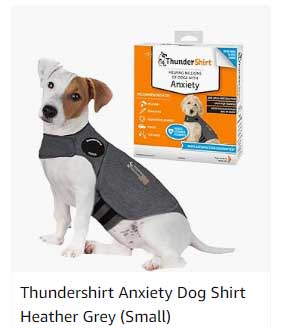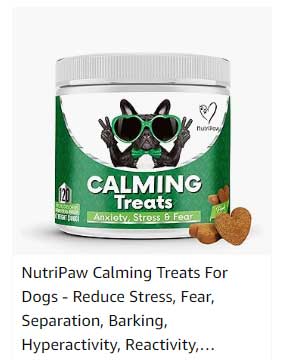Dogs, like humans, experience a range of emotions and can suffer from anxiety in various situations.
One of the most common triggers of anxiety in dogs is loud noises.
Whether it’s thunderstorms, fireworks, or even the everyday sounds of city life, these unexpected and intense auditory stimuli can lead to significant distress for our canine companions.
In this article, we will explore the reasons behind this phenomenon, its effects on dogs, and effective strategies to help alleviate their anxiety.
Why Do Dogs Have Noise Anxiety?
Dogs have much more sensitive hearing than humans.
They can hear sounds at frequencies that are inaudible to us, making their world much louder and sometimes overwhelming.
Sounds that we might find insignificant can be distressing or frightening for a dog.
Thunder can rumble ominously in the distance, fireworks explode with unpredictable sharpness, and loud construction noises can set off a panic response.
Additionally, certain breeds are more prone to anxiety than others.
For instance, herding breeds and working dogs often exhibit heightened sensitivity to sounds due to their instinctual traits.
However, noise anxiety can affect any dog, regardless of age or breed.
Signs of Noise Anxiety in Dogs
Recognizing noise anxiety is vital to providing the appropriate support and care.
Symptoms may vary, but common signs include:
Cowering or Hiding:
Enclosed spaces, such as closets or under beds, may seem like safer havens for anxious dogs.
Barking or Whining:
Vocalizing distress can be a dog’s way of expressing their discomfort.
Destructive Behavior:
In an attempt to escape the noise or distract themselves, dogs may chew on furniture, scratch at doors, or engage in other destructive actions.
Pacing or Restlessness:
An anxious dog may find it hard to settle down, displaying a constant state of movement.
Excessive Licking or Grooming:
Some dogs may self-soothe by licking or grooming, which can lead to other issues like hot spots if it becomes excessive.
Strategies to Alleviate Noise Anxiety
Fortunately, there are several effective strategies that dog owners can use to help their pets cope with noise anxiety.
Here are some suggestions:
1. Create a Safe Space:
Designate a quiet area in your home where your dog can retreat during stressful times.
This space can be filled with comfortable blankets, toys, and treats—making it a positive environment.
2. Desensitization and Counter-Conditioning:
Gradually exposing your dog to recorded sounds of thunder or fireworks at a low volume can help them become accustomed to the noise over time.
Pairing the sounds with positive experiences, like treats or playtime, can create a more positive association.
3. Use Calming Products:
There are many products on the market designed to help anxious dogs.
These include anxiety wraps or jackets that provide a gentle, comforting pressure, as well as pheromone diffusers and calming supplements that can reduce anxiety levels.
4. Stay Calm and Present:
Dogs are sensitive to their owners’ emotions.
Remaining calm during noisy events can help reassure your dog.
Use soothing tones and remain present to provide comfort during their distress.
5. Consult a Professional:
If your dog’s anxiety is severe or persistent, it may be beneficial to consult with a veterinarian or a professional dog trainer who specializes in behavior modification.
They can suggest tailored strategies and, if necessary, behavioral medication to improve your dog’s quality of life.
Conclusion
Dog anxiety due to loud noises can profoundly affect both dogs and their owners.
Understanding the causes and recognizing the signs of anxiety is crucial in helping our furry friends regain their comfort and confidence.
By implementing effective strategies and understanding the unique needs of your dog, you can create a more peaceful environment that fosters security and happiness.
Remember, patience and consistency are key as you work through these challenges together.
Your efforts can make a significant difference in your dog’s well-being, allowing them to navigate the noisy world with greater ease.

